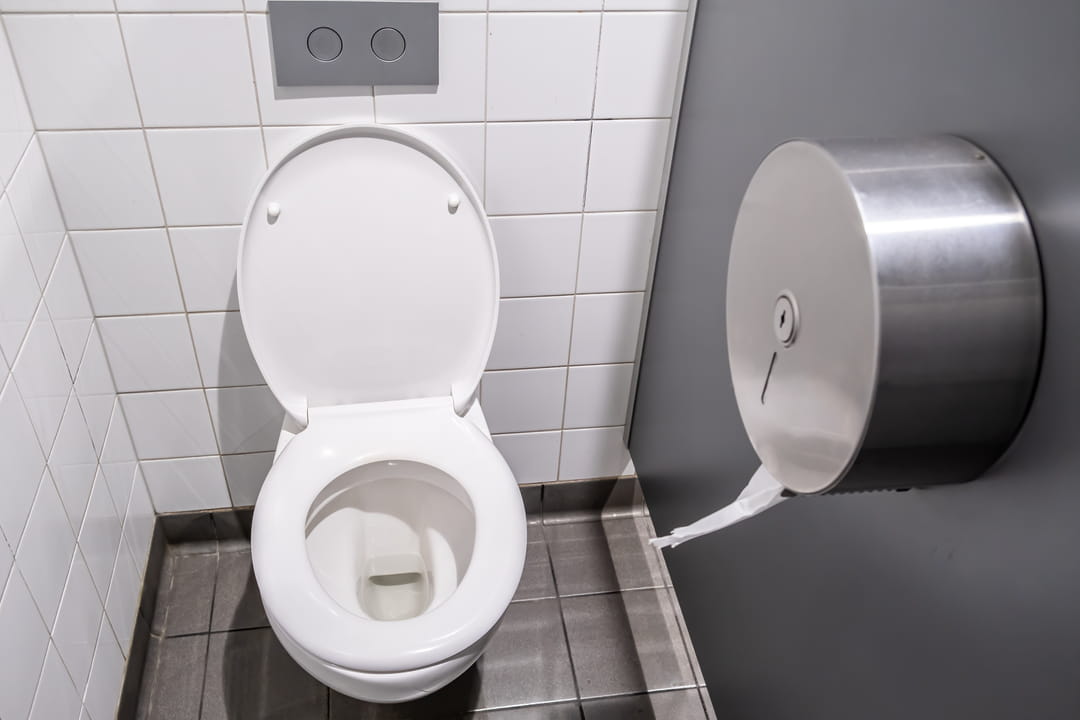Should You Avoid Sitting on Public Toilets? Here Are the Diseases You Can Really Catch

Restrooms—especially public ones—are far from clean. Some people, especially women, have several tactics to avoid directly touching the toilet seat: cleaning it with a disinfectant wipe, using toilet paper, or even cleaning the chair. But is this really necessary, or even useful?
Some diseases can indeed be caught via the toilet bowl, although this is very unlikely. First, according to the BBC , "human papillomaviruses (HPV), which cause genital warts, can survive for up to a week on surfaces." But they "can only enter your body if the skin barrier in your genital area is compromised, for example, through a rash or injury, such as when you sit on the toilet." The same is true for genital herpes.
On the other hand, it's almost impossible to catch other sexually transmitted diseases or a urinary tract infection from sitting on the toilet. The risk isn't really in sitting on the toilet... "The threat isn't to your backside, it's to your mouth, because of your hands," Jill Roberts, a professor of public health and microbiology at the University of South Florida, told the BBC.

The main risk is touching contaminated surfaces and then touching your face and mouth. Some viruses and bacteria that can be present in toilets, such as E. coli, Salmonella, or Streptococcus, can cause intestinal problems such as vomiting and diarrhea when ingested. But these viruses and bacteria aren't just present on toilets: when the toilet is flushed, they're sprayed and end up everywhere.
So what can you do to limit the risks? First, closing the toilet lid before flushing can limit the spread of bacteria and viruses. For those who want to reassure themselves before sitting on the toilet, it's better to use an antiseptic wipe rather than using toilet paper, which doesn't really protect. But the best way to protect yourself from the risk of getting sick is to wash your hands after using the toilet, and if possible, dry them with a single-use paper towel.
Finally, health professionals advise avoiding sitting on the toilet. For women in particular, not sitting on the toilet forces them to strain to urinate, which puts pressure on the pelvic muscles and prevents the bladder from emptying properly, increasing the risk of urinary tract infections.
But rest assured, public restrooms aren't necessarily as dirty as you might think, since they're generally cleaned regularly. They're actually cleaner than domestic restrooms, which are often cleaned no more than once a week.
L'Internaute




